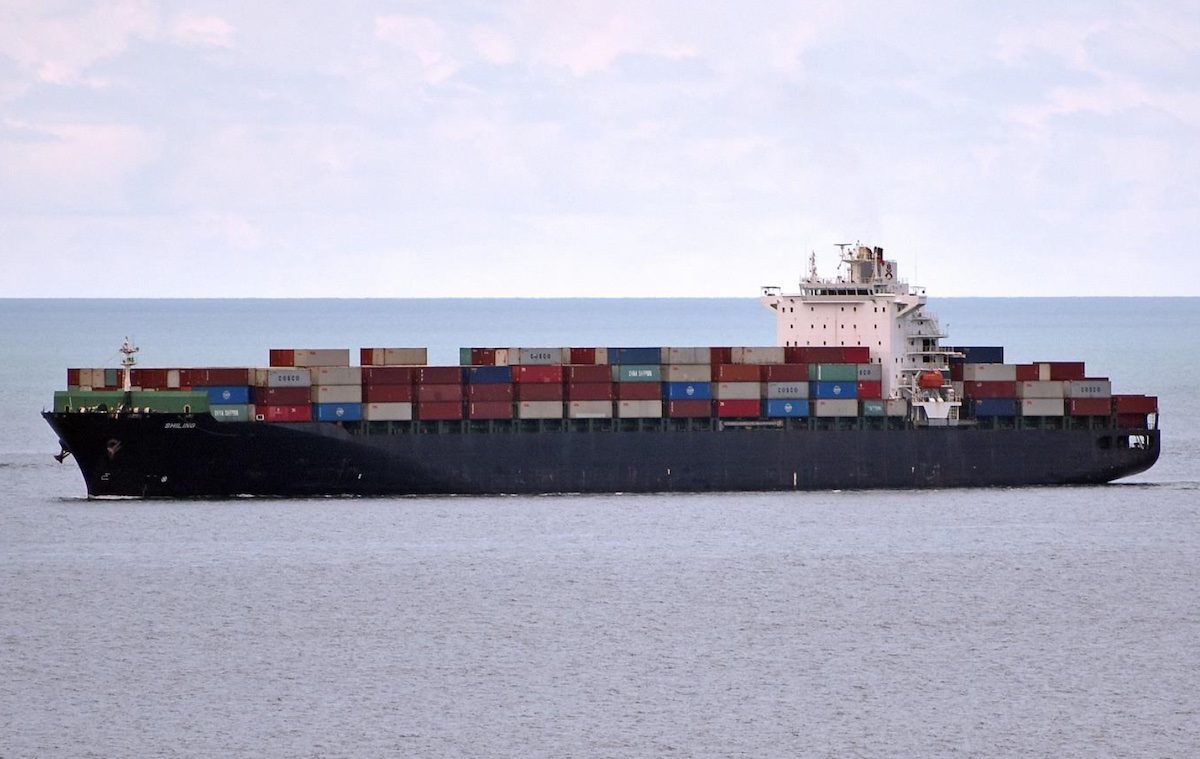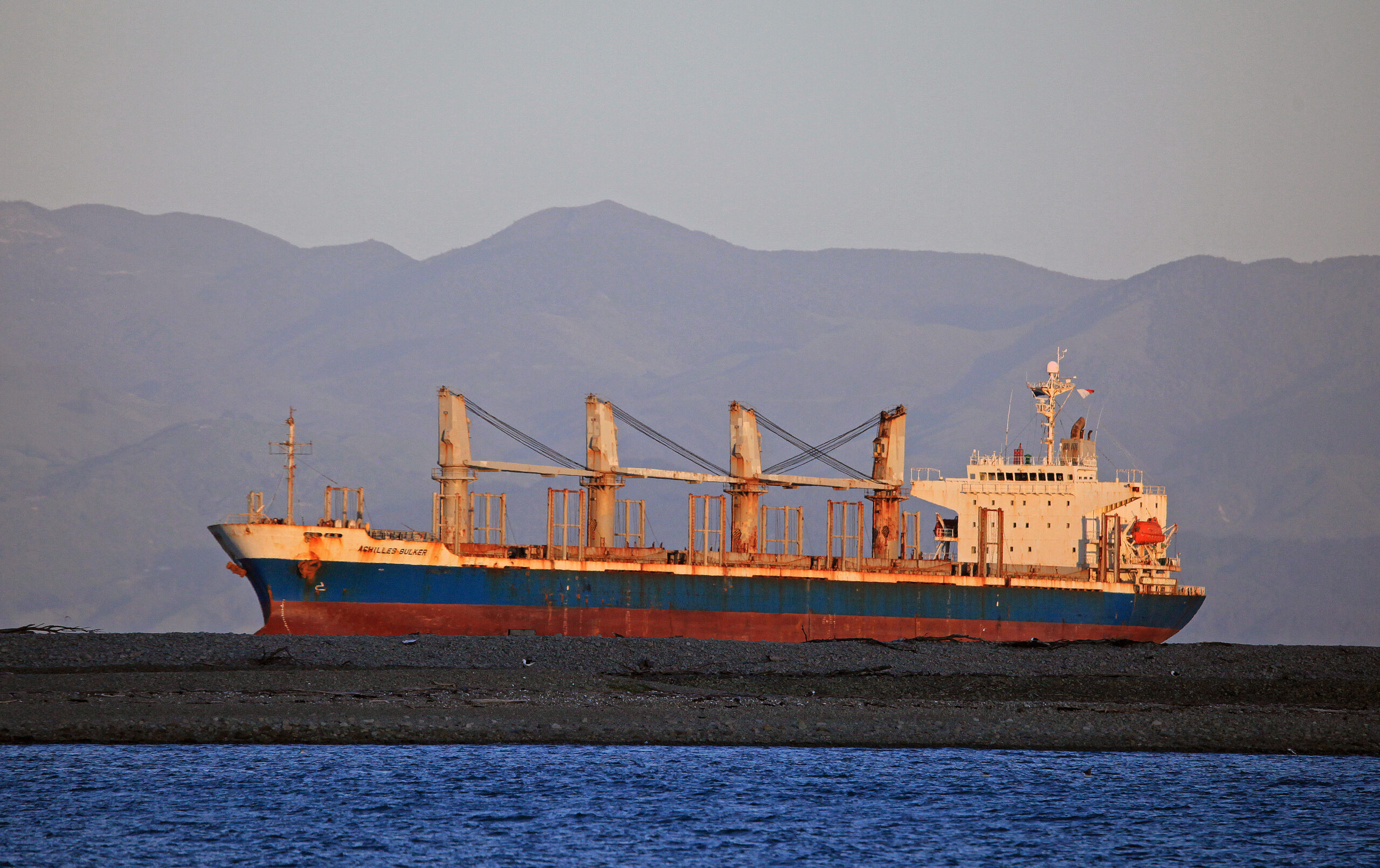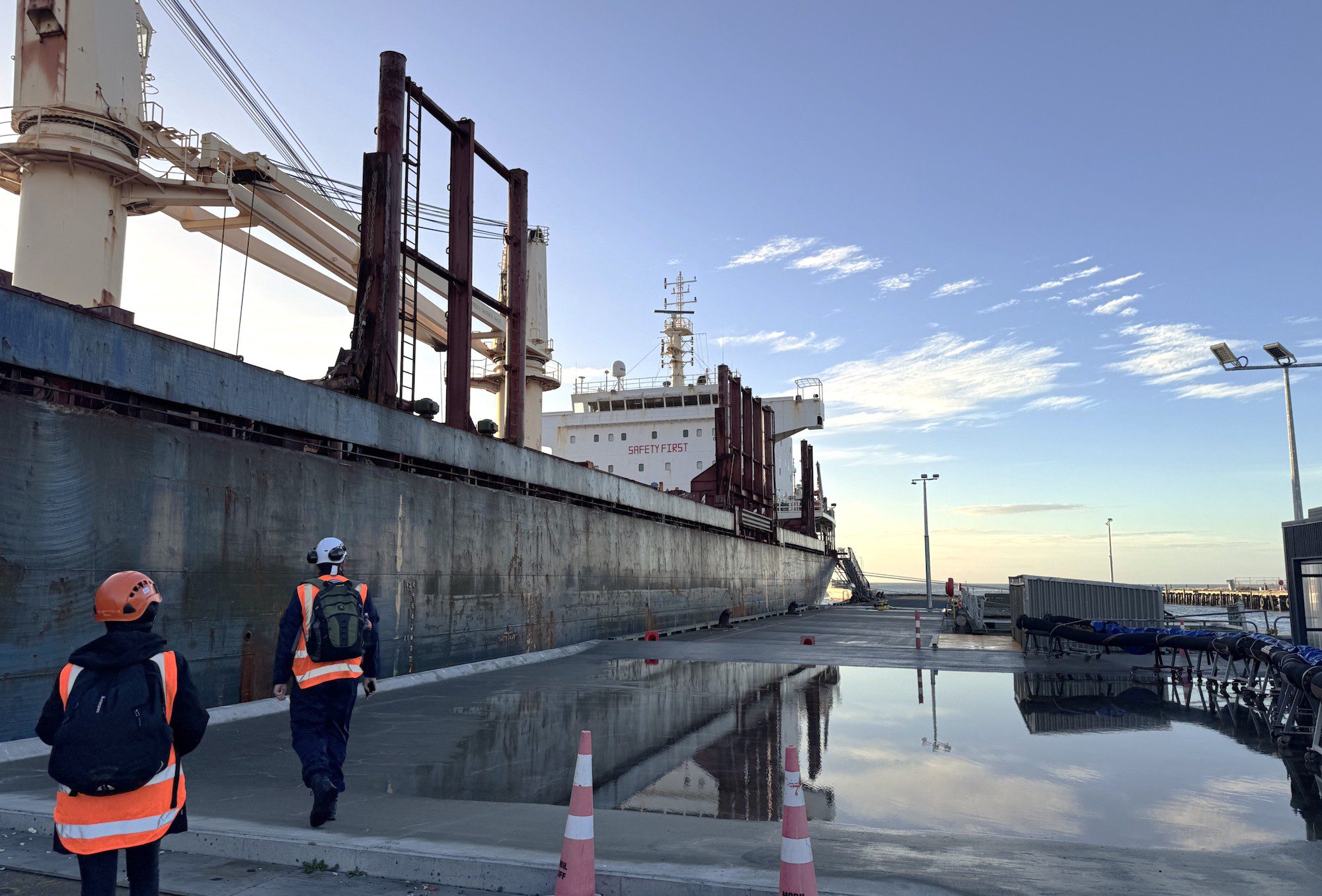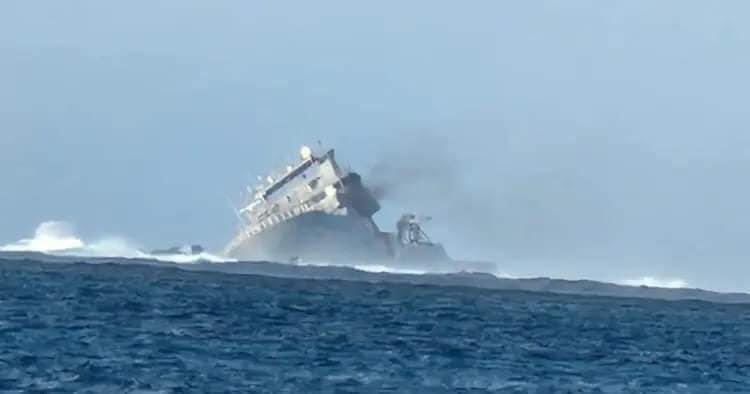The Transport Accident Investigation Commission (TAIC) of New Zealand has called for legislative changes to ban substandard ships from the country’s waters following a series of incidents involving the containership Shiling in 2023.
The vessel experienced two major failures requiring rescue operations within a two-month period, despite holding valid statutory and classification society certificates. The first incident occurred on April 15, 2023, when the Shiling suffered a complete electrical power loss while departing Wellington Harbor. The blackout, caused by a cracked cylinder liner in an auxiliary generator, led to main engine failure and forced the vessel to deploy anchors to prevent grounding. Harbor tugs had to tow the ship back to port.
Less than a month later, on May 12, the vessel encountered another serious mechanical failure. After departing Wellington and entering the Tasman Sea, the ship’s main engine failed due to bilge water contaminating its lubricating oil. The situation necessitated a Mayday call and rescue by a tow-capable vessel from New Plymouth.
TAIC’s Chief Investigator of Accidents, Naveen Kozhuppakalam, said that the incidents revealed serious maintenance deficiencies. “Rubber diaphragms designed to prevent water from entering the lube oil tank had deteriorated with age. It’s very likely the diaphragms had gone uninspected for years,” he stated.
The investigation found that substandard ships pose significant risks to multiple stakeholders, including crew members, coastal and harbour pilots, stevedores, contractors, and New Zealand’s coastal environment.
Following the second incident, Maritime New Zealand detained the Shiling for repairs and survey. The vessel eventually departed for Singapore in July 2023.
The case has highlighted critical gaps in New Zealand’s maritime safety framework. TAIC is now pushing for the Ministry of Transport to grant Maritime New Zealand similar powers to those held by the Australian Maritime Safety Authority to ban certain vessels from their waters.
The incidents also exposed vulnerabilities in New Zealand’s maritime rescue capabilities. The successful rescue of the Shiling was largely due to the fortunate presence of a suitable tow vessel in New Plymouth. In response, the government has contracted an open-ocean tug until June 2026 and is developing a business case to enhance emergency towing capability.
Beyond immediate operational concerns, TAIC identified systemic issues in the international and domestic regulatory frameworks for foreign-flagged vessels. Of particular concern is the current ability of ship owners to transfer their safety responsibilities to third parties without facing regulatory consequences.
The Commission’s recommendations extend beyond the ban on substandard ships, calling for measures to ensure ship owners retain responsibility for risk and strengthen New Zealand’s salvage and rescue capabilities.
Editorial Standards · Corrections · About gCaptain

 Join The Club
Join The Club











